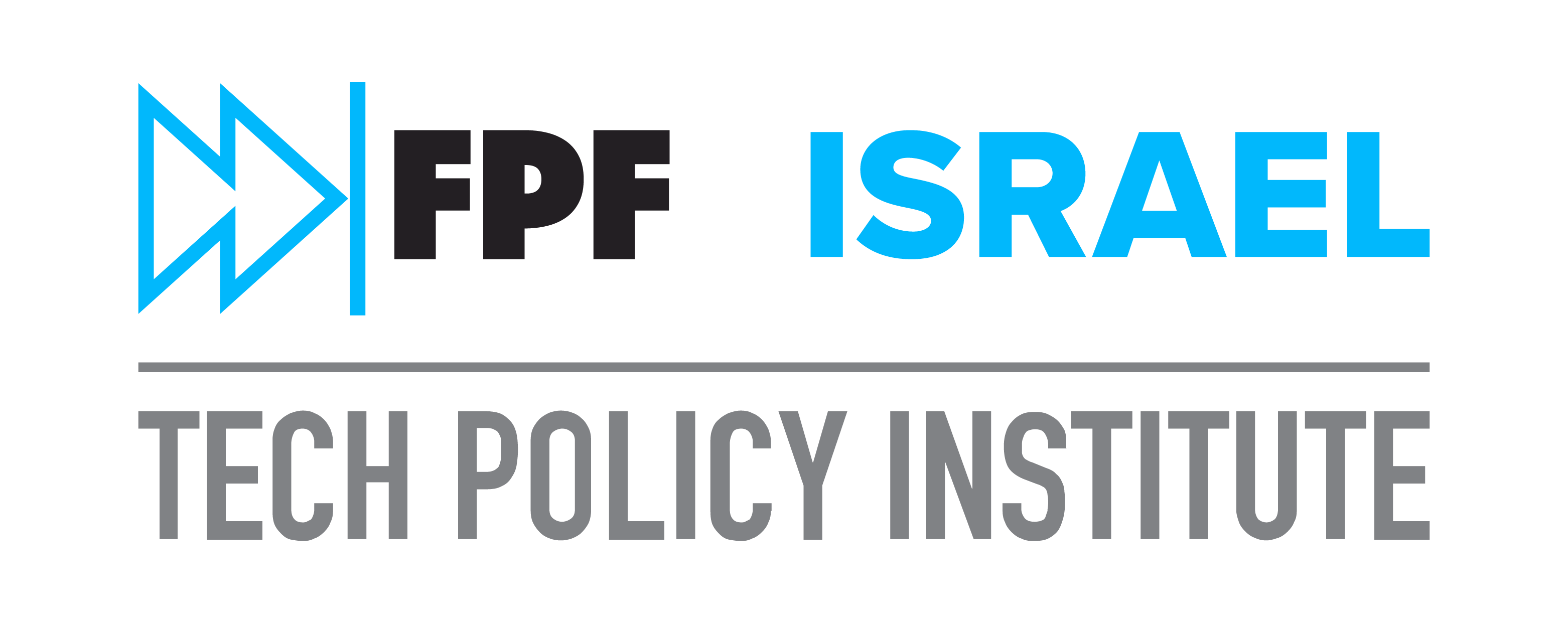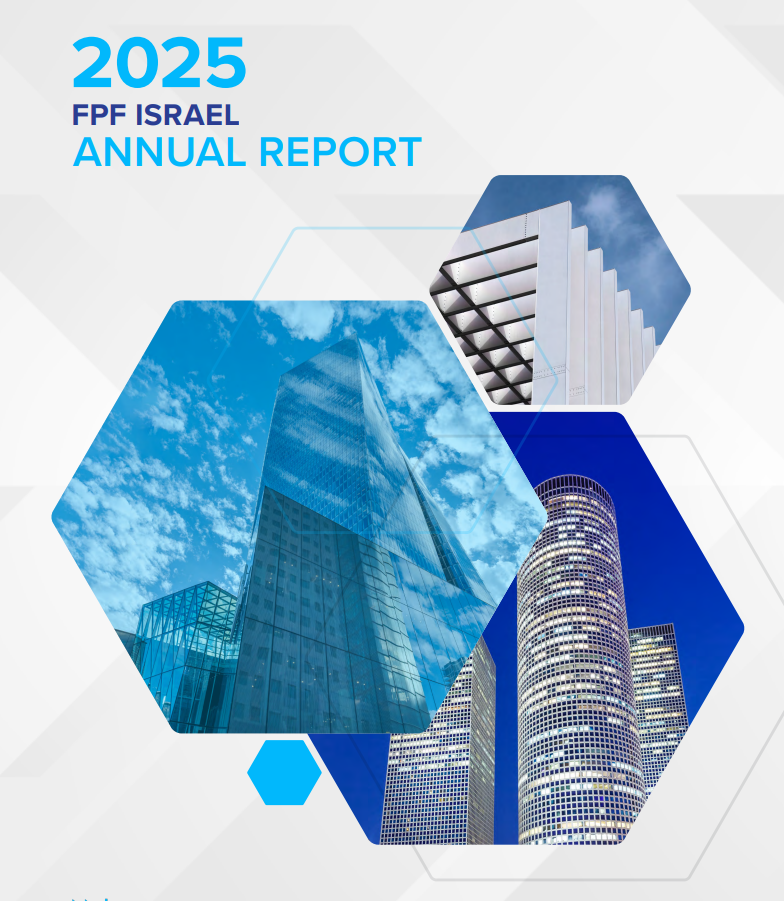Blocking of Social Media Users by Officials

The blocking of social media users by officials, and sometimes by other opinion leaders with major influence in these media platforms is repeatedly discussed in various contexts. This discussion raises a variety of issues, including account owners’ right to block contents in their accounts; the distinction between “private” and “public” accounts; the violation of the blocked user’s freedom of expression; and the account owners’ commitment to the exercising of this freedom in their own particular accounts.
This subject has been discussed in Israel and other countries in several contexts, but there is still no clear policy on the matter. In this policy paper, we highlight the importance of the normative questions arising from the issue, present the current legal landscape in Israel, the US, Canada and Spain, and enumerate several principles we believe officials should adopt.
This policy paper provides guidance for those seeking to formulate a clear policy on the blocking of social media users by elected officials. The annex to this document outlines a number of issues that should be considered when formulating the policy.
In addition to formulating policy, we believe it is important for the companies operating the platforms to develop a technological feature or application that would streamline the management of restrictions and their transparent reporting by the account holders. Using this technology need not be mandatory, but will enable those among the officials who want to demonstrate their commitment to free speech to do so most transparently.
This discussion is still in its infancy, and naturally, as we are dealing with a dynamic, ever-evolving area, policy recommendations will warrant re-examination and periodical update. Meanwhile, we hope this document will be useful for relevant players in understanding the background for the issue of blocking of social media users by officials, and finding ways of addressing it.
The paper was written by Adv. Rivki Dvash, a senior fellow at the ITPI, and was translated to English.
To read the full policy document (in English) click here.
The English version was published on October 13, 2021.
For the original guidelines (in Hebrew) please click כאן.



